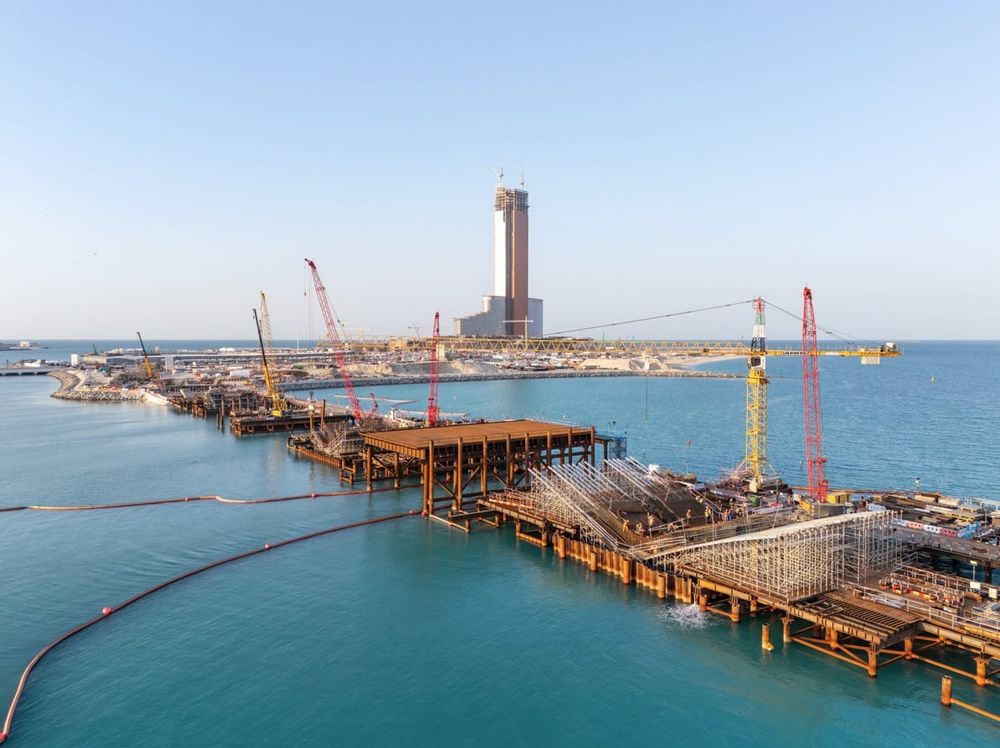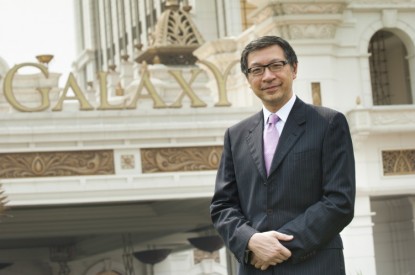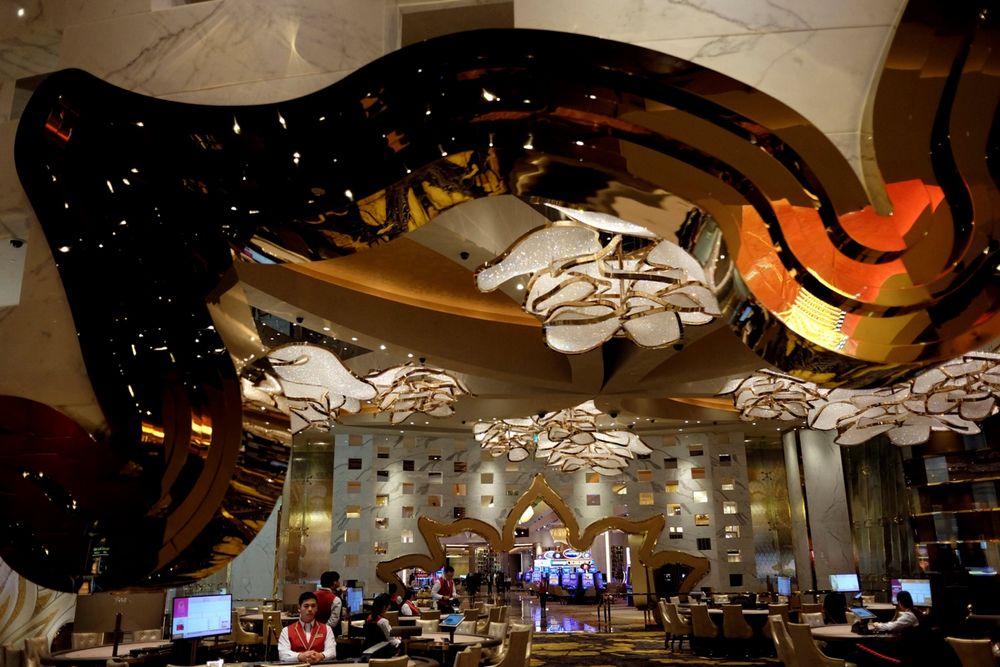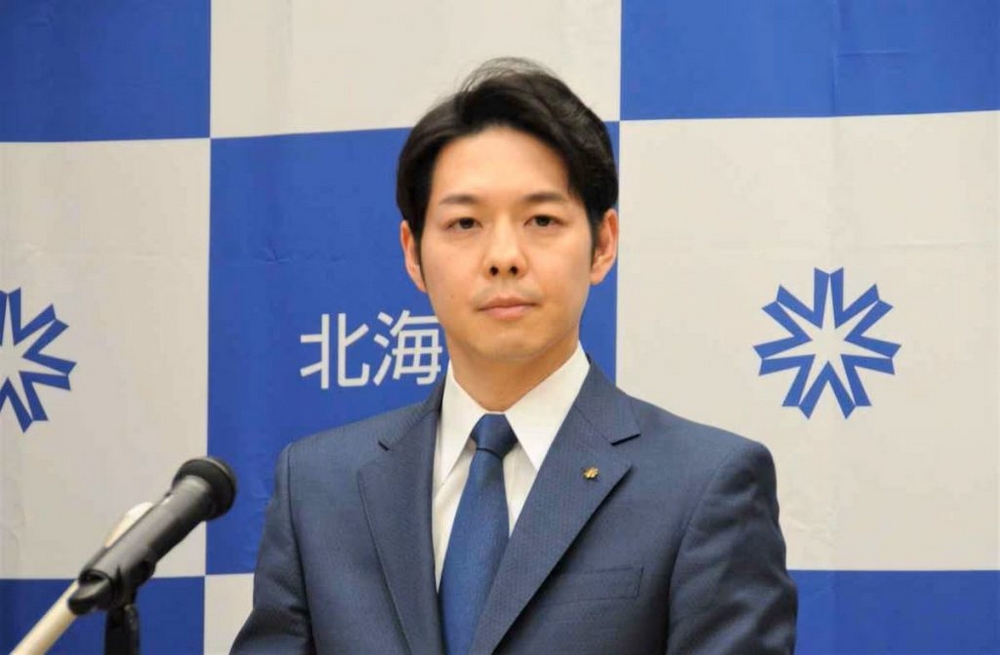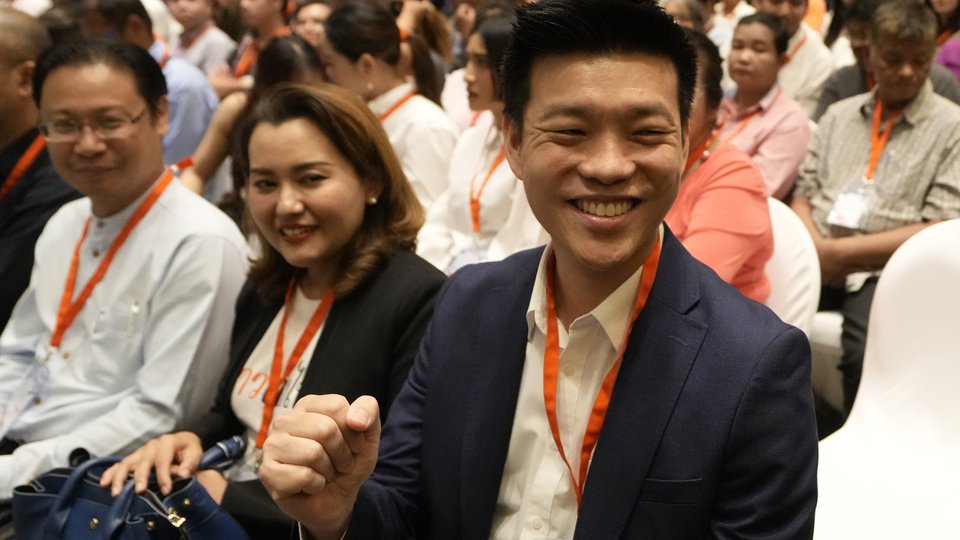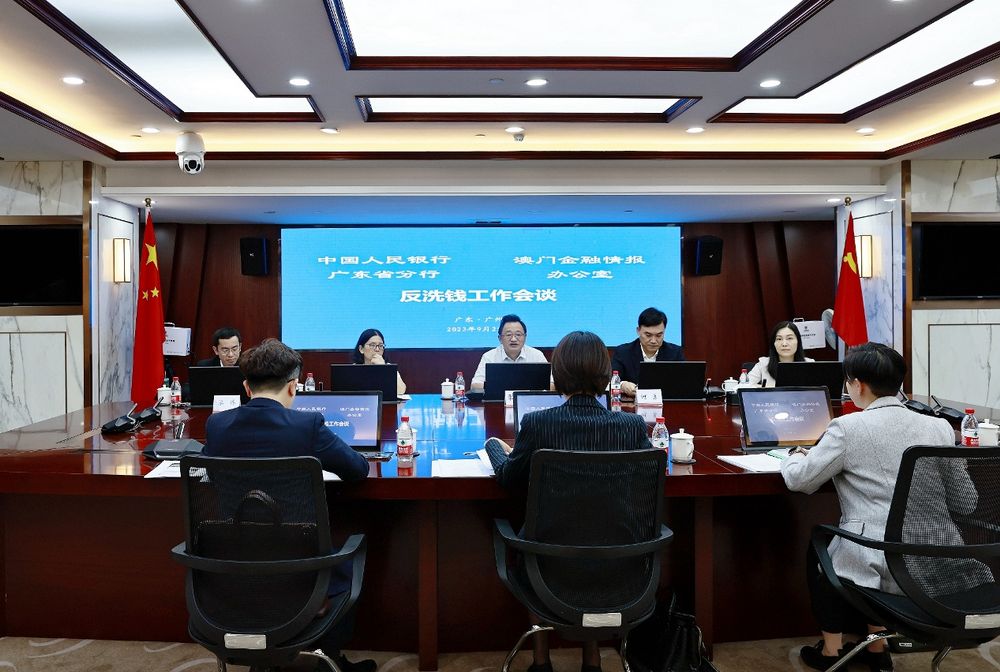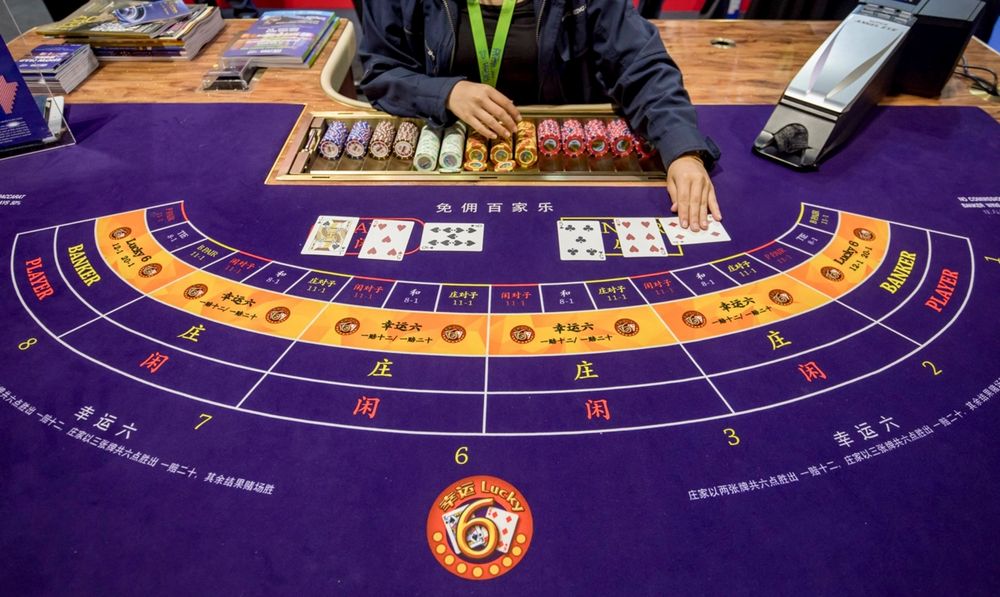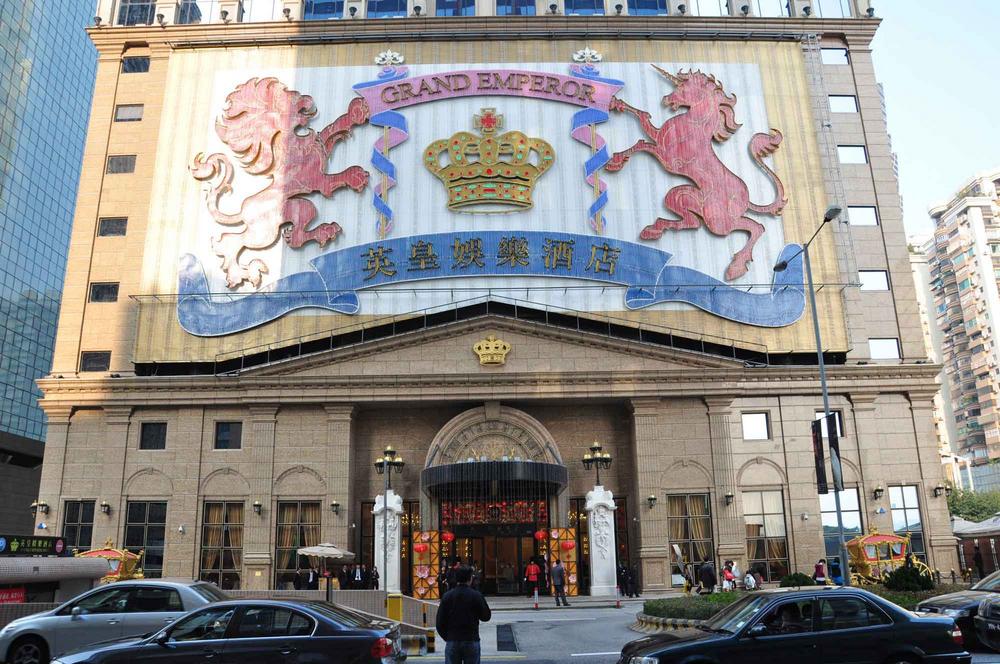In Macau, SJM Holdings Limited has formally ended its service agreement with Tin Hou Ltd., an indirect wholly owned subsidiary of Emperor Entertainment Hotel, effective October 31, 2025.
Consequently, Casino Emperor Palace will cease all operations by October 30, 2025. Meanwhile, Tin Hou will continue managing operational costs for the gaming area at the Grand Emperor Hotel under SJM's gaming concession licence up to December 31, 2025.

Representatives from Emperor Entertainment Hotel reported that the decision reflects a pragmatic business adjustment. They highlighted that transferring gaming operations back to SJM Resorts allows better asset utilisation within the Grand Emperor Hotel. The reopening of Macau’s borders and removal of quarantine restrictions are anticipated to increase visitor numbers, benefiting the local gaming scene.
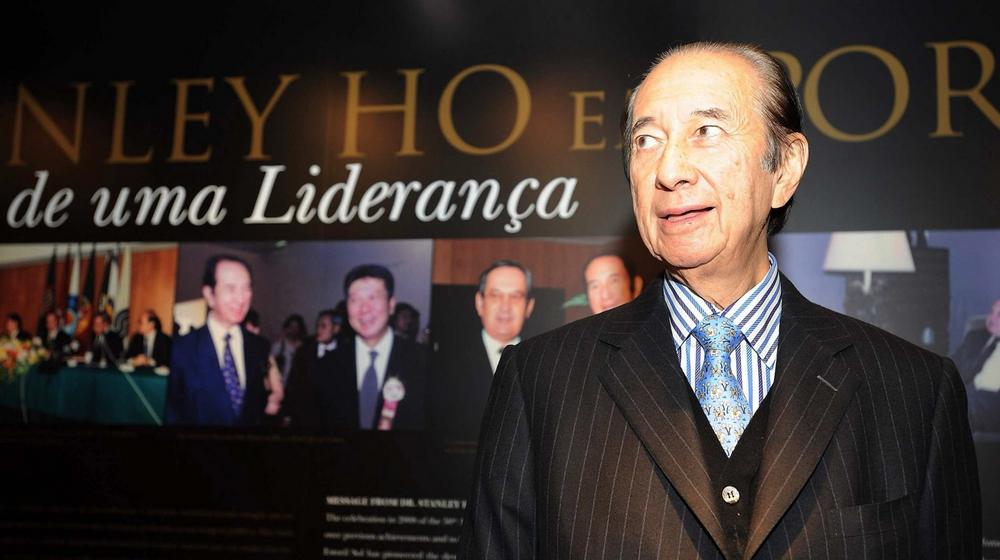
This arrangement is regulated under Macau Special Administrative Region’s Law No. 16/2001, which governs gaming concessions and permits principal licensees like SJM Resorts to subcontract operations through service agreements with third parties. The contract with Tin Hou Ltd. includes provisions for termination upon 21 days’ notice by either party and enforces gross gaming revenue limits on service fees annually, ensuring regulatory compliance.
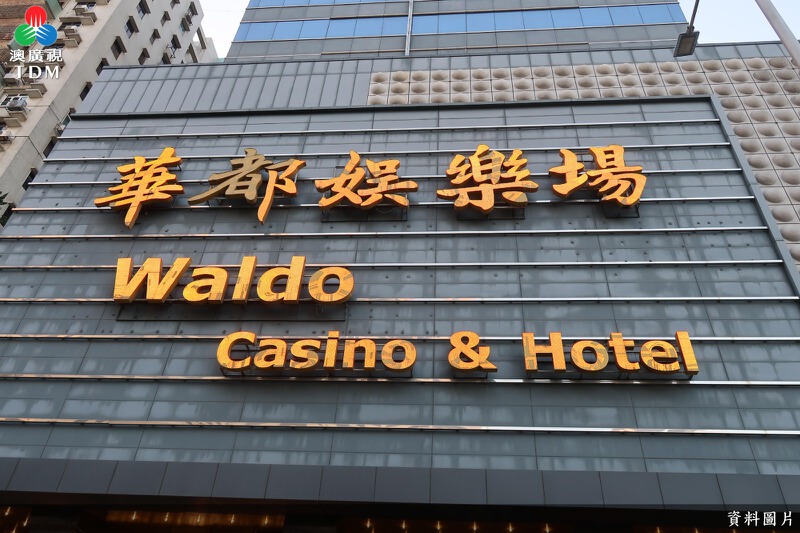
Waldo Casino, under the licence of Galaxy Entertainment Group Ltd, will end its gaming business on Friday (October 31). The gaming venue is inside the Waldo Hotel, near to the Outer Harbour on Macau peninsula.
The cessation of the partnership marks a consolidation trend within Macau’s satellite casino market. With Casino Emperor Palace closing, SJM aims to redeploy resources and personnel to other properties under its licence. This shift addresses ongoing economic challenges faced by operators as the industry adapts to post-pandemic conditions and evolving market demands.
As SJM Holdings reclaims direct operational control, the company’s next steps will determine if this streamlined approach strengthens its standing within Macau’s competitive gaming sector or invites sharper scrutiny from regulators overseeing concession renewals. The outcome represents a strategic juncture between operational efficiency and regulatory alignment.












